Chromatography Questions & Answers
1. Chromatography is a physical method that is used to separate and analyse __________
a) Simple mixtures
b) Complex mixtures
c) Viscous mixtures
d) Metals
Answer: b
Explanation: Chromatography is a physical method that is used to separate complex mixtures. The mixture of different components is flushed through the system at different rates.
2. In which type of chromatography, the stationary phase held in a narrow tube and the mobile phase is forced through it under pressure?
a) Column chromatography
b) Planar chromatography
c) Liquid chromatography
d) Gas chromatography
Answer: a
Explanation: In Column chromatography, the stationary phase held in a narrow tube and the mobile phase is forced through it under pressure. It is carried out in a long glass column having a stop-cock near the bottom.
3. In chromatography, the stationary phase can be ___________ supported on a solid.
a) Solid or liquid
b) Liquid or gas
c) Solid only
d) Liquid only
Answer: a
Explanation: In chromatography, there are two phases namely, stationary phase and mobile phase. The stationary phase can be solid or liquid supported on a solid.
4. In chromatography, which of the following can the mobile phase be made of?
a) Solid or liquid
b) Liquid or gas
c) Gas only
d) Liquid only
Answer: b
Explanation: In chromatography, the mobile phase can be composed of liquid or gas. It cannot be a solid material.
5. Which of the following cannot be used as adsorbent in Column adsorption chromatography?
a) Magnesium oxide
b) Silica gel
c) Activated alumina
d) Potassium permanganate
Answer: d
Explanation: The given options are all examples of adsorbents in Column adsorption except potassium permanganate. Some other adsorbents are starch and chromatographic purified siliceous earth.
6. Which of the following types of chromatography involves the separation of substances in a mixture over a 0.2mm thick layer of an adsorbent?
a) Gas liquid
b) Column
c) Thin layer
d) Paper
Answer: c
Explanation: Thin layer chromatography involves the separation of substances of a mixture over a 0.2mm thick layer (thin layer) of an adsorbent. The adsorbent can be silica gel or alumina.
7. Chromatography cannot be used to purify volatile substances.
a) True
b) False
Answer: b
Explanation: Chromatography can be used to purify volatile substances if the carrier fluid, operating conditions and right adsorbent material are employed.
8. In Column chromatography, the stationary phase is made of _________ and the mobile phase is made of _________
a) Solid, liquid
b) Liquid, liquid
c) Liquid, gas
d) Solid, gas
Answer: a
Explanation: In Column chromatography, the stationary phase is made of solid and the mobile phase is made of liquid. It is carried out in a long glass column which has a stop-cock near the bottom.
9. Chromatography cannot be used to separate delicate products.
a) True
b) False
Answer: b
Explanation: Chromatography can be used to separate delicate products. This is because chromatography is not performed under severe conditions.
10. In Thin layer chromatography, the stationary phase is made of _________ and the mobile phase is made of _________
a) Solid, liquid
b) Liquid, liquid
c) Liquid, gas
d) Solid, gas
Answer: a
Explanation: In Thin layer chromatography, the stationary phase is made of solid and the mobile phase is made of liquid.
11. In which of the following type of paper, chromatography does the mobile phase move horizontally over a circular sheet of paper?
a) Ascending paper chromatography
b) Descending paper chromatography
c) Radial paper chromatography
d) Ascending – descending chromatography
Answer: c
Explanation: In Radial paper chromatography, the mobile phase moves horizontally over a circular sheet of paper. Separation takes place based on partition.
12. Liquid chromatography can be performed in which of the following ways?
a) Only in columns
b) Only on plane surfaces
c) Either in columns or on plane surfaces
d) Neither in columns nor on plane surfaces
Answer: c
Explanation: Liquid chromatography can be performed either in columns or on plane surfaces. It could be liquid-solid chromatography or liquid-liquid chromatography.
13. Gas chromatography can be performed in which of the following ways?
a) Only in columns
b) Only on plane surfaces
c) Either in columns or on plane surfaces
d) Neither in columns nor on plane surfaces
Answer: a
Explanation: Gas chromatography can be performed only in columns. It could be gas-solid chromatography or gas-liquid chromatography.
14. In Gas-liquid phase chromatography, the stationary phase is composed of _________ and the mobile phase is made of _________
a) Solid, liquid
b) Liquid, liquid
c) Liquid, gas
d) Solid, gas
Answer: c
Explanation: In Gas-liquid phase chromatography, the stationary phase is made of liquid and the mobile phase is made of gas. Separation is based on partition.
15. Which of the following types of chromatography involves the process, where mobile phase moves through the stationary phase by the influence of gravity or capillary action?
a) Column Chromatography
b) High Pressure Liquid Chromatography
c) Gas Chromatography
d) Planar Chromatography
Answer: d
Explanation: In Planar Chromatography, stationary phase is supported on flat plate of paper. The mobile phase moves by the influence of gravity or capillary action.
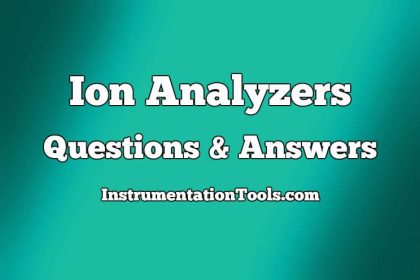
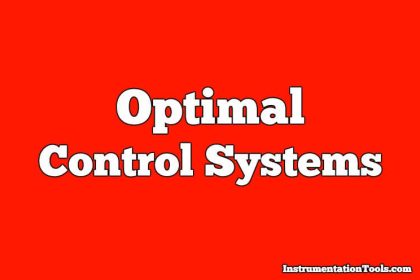
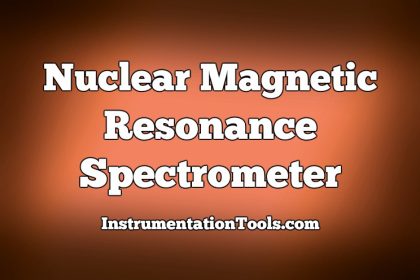
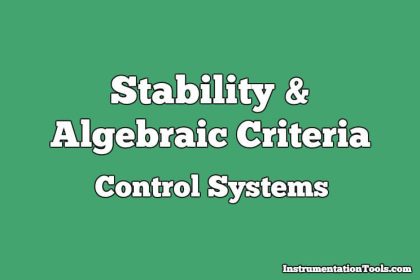
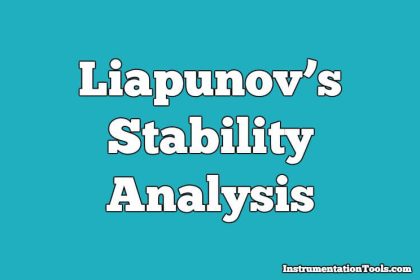
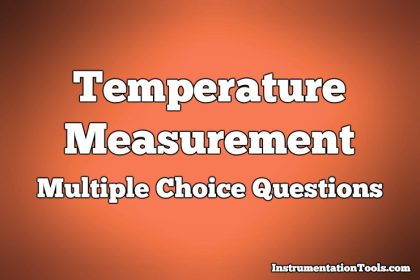
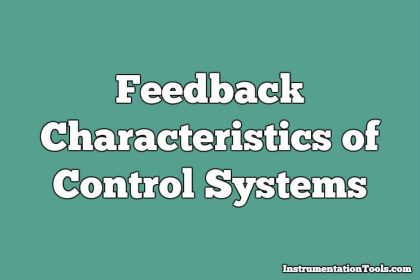
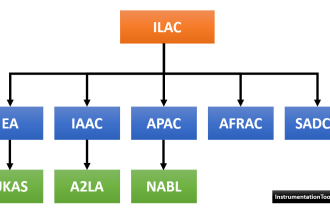
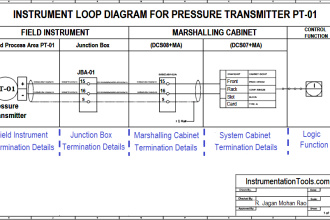



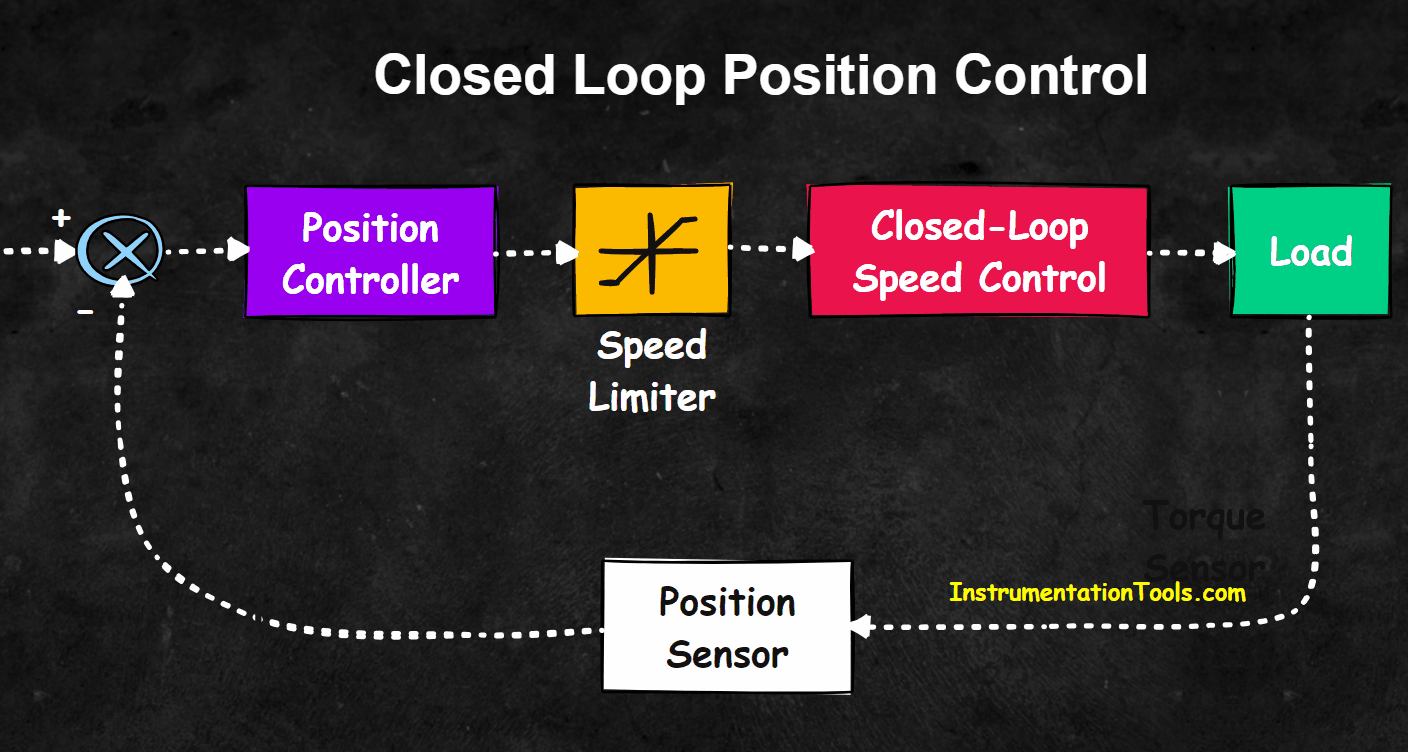
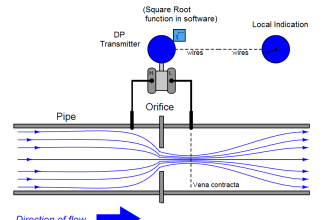


I wants all Exam!
did you get the whole exam, and if you get it FROM WHERE?
Yes , I want the whole exam
Actually am so surprised by this system of questions with their answers because am getting so higher knowledge on different questions
Am surprised on what the question are set and how they answer
I want optical method, separation method, thermal method, electrochemical method and chemical analysis in industries exam with answers and explanations
please send Exam with Answers Focused on Nanoclay, Nanosafety, Nanomaterials, Nanoparticles, Nanocompossites, Carbon nanostructures, Nanotechnology, Nanoscience and Their Applications in Industries!
its a really amazing page really helpfull
It is really wonderful page??it helpful i like????it provide more exams ??
i got many thing from here. thank you
Really helpful